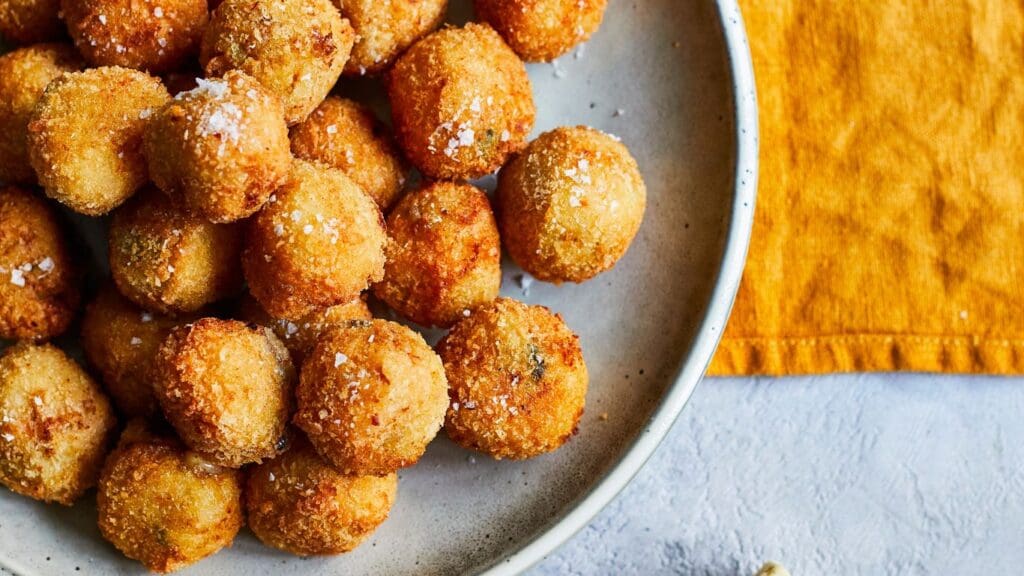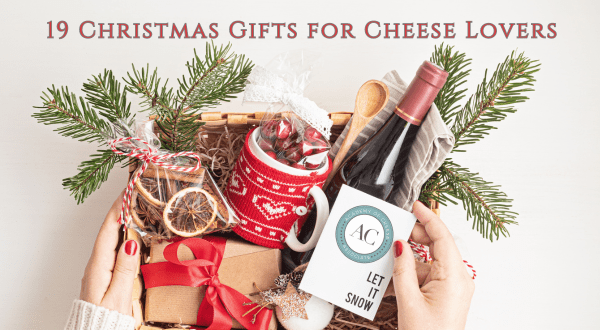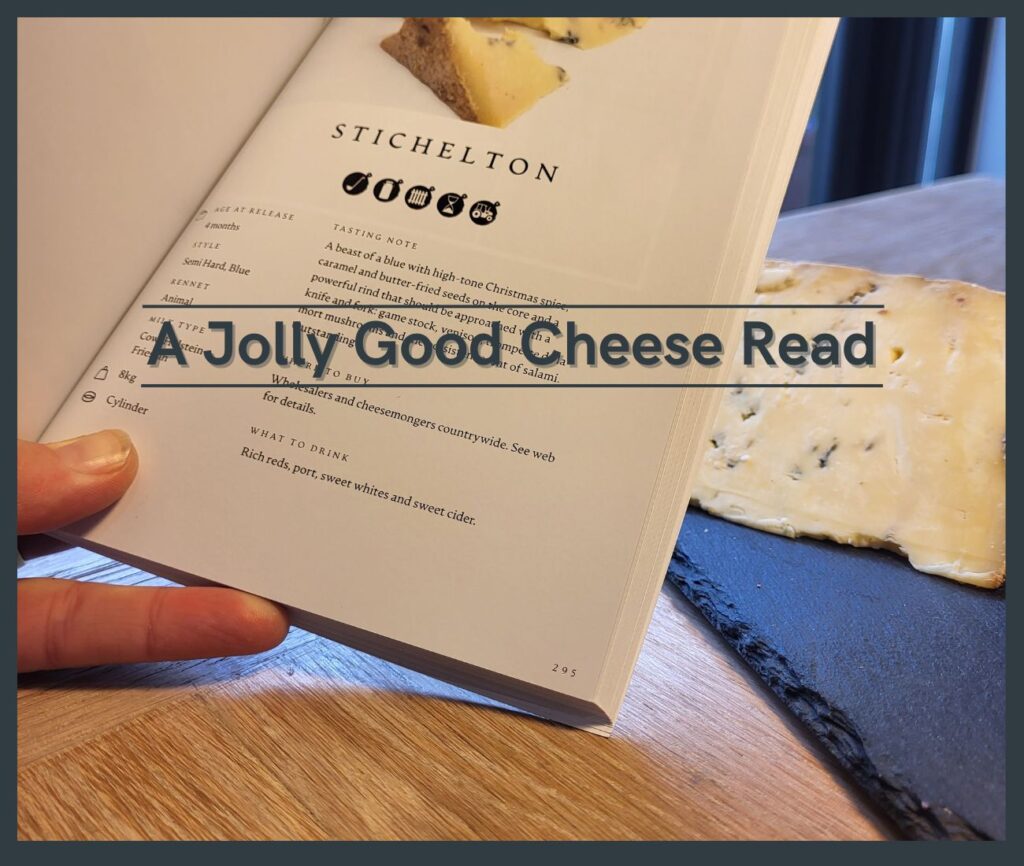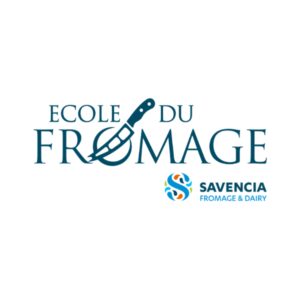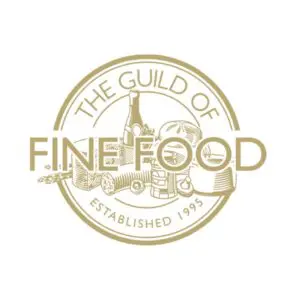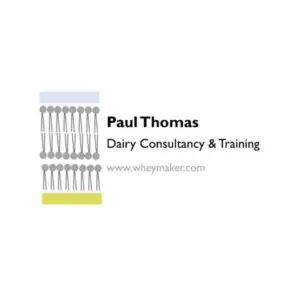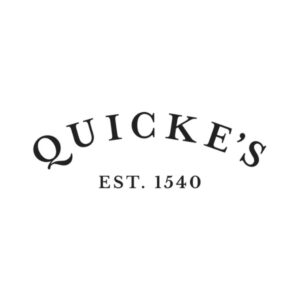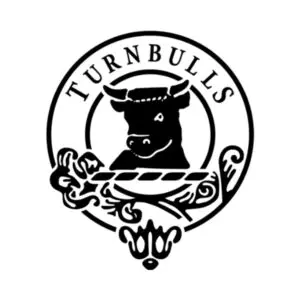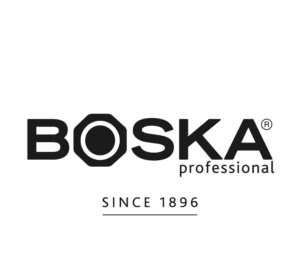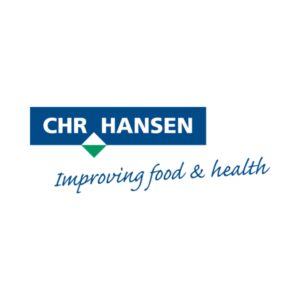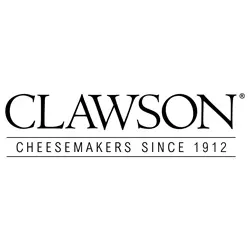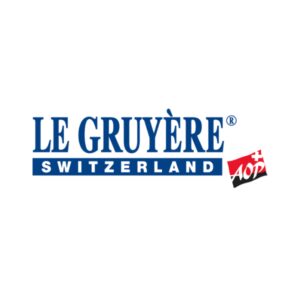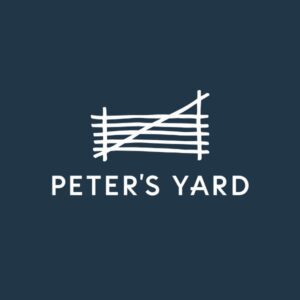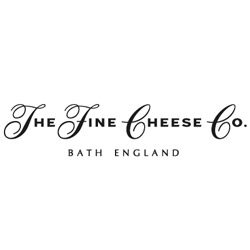In Conversation with Academy of Cheese – Mike Smales talks Farmstead cheesemaking, local terroir, cows and washed curd cheese. We taste Old Winchester, Stoney Cross and Lyburn Smoked.
Streamed live on Feb 16, 2021
GUIDE TO TASTING CHEESE
Learn about the four stages of tasting cheese and how to take tasting notes with this definitive guide to tasting cheese.
Farmstead cheesemaking, and washed curd cheese Video Transcript
Hi good evening, this is Charlie Turnbull. This is Tuesday night’s Cheese night in conversation with the wonderful Mike Smales, who i have to say it’s his farm, his cheese making facility you will see on the Academy of Cheese level one (course). The fantastic video that really demos how good cheese is made and allows people to get a handle on, so if you want to learn about cheese you’ll be seeing Mike’s dairy.
Nice to meet you tonight Mike, good evening well we’ve got three cheeses in front of us uh but first of all let’s talk about you where are you where’s your farm it’s your own herd it is indeed so i’ll give you a little bit of an overview because we’re not just cheese so we we farm about 500 acres on the northern edge of the new forest bit spread out um large chunk is tenanted and there’s a trunk that we own um so it’s it’s not entirely straightforward um we run about 170 cows um and they are holstein frisians albeit uh over the years we’ve tended to breed for fat and protein so they’re not an ordinary hostile infusion uh they’re not the sort of holsteins that produce 10 or 11 000 liters a year they’re 8 000 liters but but we’d get a better fat protein result from it and then we grow about 100 acres of organic vegetables albeit the cows are not organic but the vegetables are and we grow a summer season which is mainly beans courgettes sweet corn and then about 30 or 40 50 acres of halloween pumpkin which finishes the season off and takes us through to october the 31st so we’re a bit of a mixed bag and over the years i’ve sort of really moved from being a muddy boots farmer to a sort of van driving cheese salesman really do you see those going up in the world or down in the world oh definitely going up in the world yeah there’s a better class of person amongst the cheese making farmers so 500 acres is is a large amount you’ve got a real as you say a mixed bag across the piece and i’m right in thinking that sort of cheese making is the last thing you’ve come to you’ve been a farmer a lot longer than you’ve been a cheese maker we’ve been farming since 1952 uh when father bought his first little farm about 70 acres uh 10 10 miles further north and we came to this farm in 1969 so we’ve been here 50 years we’ve always we’ve got quite a nice bit of medium medium sandy loam which is quite good vegetable growing ground and so we’ve been growing vegetables about 40 years and then 20 20 21 22 years ago uh waitress came to us and wanted us to go organic uh with the vegetables because we were doing quite a lot of waitress business so we moved to organic vegetables and at the same time we dipped our toe in the milk uh to see what we could do cheese wise and since then we’ve just slowly gathered paste uh and we’ve grown uh organically with a smaller rather than the bigger so so you you started off um with a gouda a gouda is is widely seen if i don’t mind me saying it’s one of the easier cheeses to make but not necessarily easy to make well well we started off with the agenda of not making the cheddar because the world makes a cheddar uh and there in the west country there’s some extremely good cheddar makers and it would have been hard work to catch up with them and compete with them and then as we know there’s some pretty average cheddar out there and you can’t compete with price so we wrote cheddar off right from the word go we fiddled around we we didn’t have a cheese room or uh somewhere to make the cheese to start with so i bought a secondhand uh porter cabin turned it into a mini cheese plant and we just fiddled around for the first year to see what could do um and we settled really on the gouda style cheese or beer it’s not necessarily the same way as the dutch would make it so so over a period of time we’ve developed our own way of doing things as you do and probably most produce makers are the same if it works get on and use it and improve it if it doesn’t work we’ll go off in a different direction yeah so you you started off making li burn which is a gouda which we’ve got an example of tonight although i’ve got really weird um green screen thank you this is the invisible cheese yeah that’s very probably close maybe okay that’s perfect so that’s that that’s the that’s the three month of smoke you’ve got in your hand but we also make it as the lie burn gold so that is uh quite a light young cheese still got quite a bit of uh spring in it and flex in it um it’s always got a few small they’re holes but we call them eyes uh and now and our cheeses will always have some eyes and yep they are there’s the flex um and uh so that’s where we start off and then we’ll sell it at three months for those who want a lighter cheese and it melts nicely then we’ll take it on to winchester which is about nine months old and winchester is if you like getting more cheddary it it’s it’s it’s clearly uh well you’re that’s old winchester you see there so oh winchester we then take right through to 18 months uh and now that is really quite hard and getting a little bit more reminiscent of an old amsterdam or or something something like that yeah you can buy it at the three ages and and and every every age suits somebody different because at the end of the day everybody actually likes something different and and and so you’re trying to satisfy this customer base i still do quite a lot of farmers markets and so over the last 20 years spoken to thousands and thousands of people which does give you the benefit of understanding what the customer base likes and enjoys and everybody likes something different that’s why you’ve got whatever is six or seven hundred different cheeses in the uk and everybody’s out there selling them because everybody likes something different well they say there’s double that now 1200 or something like it depends how you count but there’s a lot of a lot of different cheese out there it does and and and and and the consumer benefits from the fact that they’ve got a a good choice of english cheeses now and and in producing this you you’ve been in the multiples some of your cheeses are still in white shows so uh we’ve we’ve been we’ve only really been in uh waitrose with old winchester and currently we’re in waitrose with uh stoney cross at the moment on the cutting counter um locally we do a lot of local co-ops in hampshire and just the the the perimeter of the the border um we’re in about 20 or 30 or 40 co-ops but that is very much on a on a local basis and not the national co-op that’s just we have something called the southern co-op in in central southern england and we we supply the southern southern co-op but we’ve got a we’ve got a very wide customer base um because i i did set out to make sure i’ve had experience of selling vegetables to supermarkets uh going back quite a long time um and i have a policy of nobody has more than ten percent of our our market nobody has more than ten percent market share and so that does give us sort of about 350 customers which which is great because a bit like customers uh your your your your your customer base or your wholesale customer base are all wanting something different uh every day every week and it balances out production quite nicely and so we will supply village shops from from 20 pounds a week up to bigger customers who will spend a thousand pound a week and uh but it does give us quite a nice balance of customers and they’ve seen us it’s seen us quite well during the course of this last 12 months the fact that we’ve got uh a wide range of customers has been of a benefit to us i can imagine imagine and are you on do you do online sales as well to sort of finish off the package yes we’ve never we’ve never done online sales until last april uh but uh uh everything changed yeah everything changed and it was a big turning point for everybody so we got the web presence and my webman said to me yep that’s easy mike we’ll have that sorted out in the next three or four days and within three or four days we were online and and that that that’s made a nice little contribution and it’s it’s interesting to see where the customers come from literally all over every point of the uk from cornwall to north of scotland to kent london so it i thought perhaps it might be just quite local but but we we do go literally all over the uk that’s amazing that’s amazing and i have to say it’s a lesson to everybody to follow your lead in that diversification thing we all know producers not so much cheese producers other small producers who’ve come acroppa by having too many eggs in one basket yes and but yeah probably the benefit of vegetable experience so the older the older you get the the the more you learn and you learn by your mistakes and and so um yeah we’re we’re quite lucky that we we’ve probably got it about right at the moment but who knows what the next corner will turn and uh you have to be ready and we will stop guessing we’re also guessing a lot of people just going let’s just survive and then we’ll move on to the yeah right now let’s get the taste of the cheese so where do you want to start you’ve got three very different cheeses the temptation is to start with actually strangely i think the smoked my burn because that strikes me as being the youngest most gentle of your three flavors here it is and and and the the smoke fly burn and i’ve got a chunk here that i need to unwrap um is quite a light delicate we’d describe it as a lightly oat smoke um and as i unwrap it i can definitely smell that’s been smoked um it’s smoked down at dorset smokery um the rind uh if if you could show uh people to ride or perhaps i could show people the right yes look yeah so it is let’s try and get that right okay so it’s quite a dark caramel uh color and people think that we paint the color on there and the answer is no there’s no color been painted on there that’s the color they come back from the smoky quite light i know the next sort of ensuing six weeks they’ll go really quite dark and and and that’s a it’s a glorious it’s a glorious color uh um and uh and then there’s so it’s just a just it is a light smoke because we we smoke them as whole cheeses obviously yeah well yes i mean we always say when we’re teaching this that the smoke only penetrates cheese to an extent you can’t smoke big cheese and expect the flavor to have traveled all the way to the center um but also you very much made the smoke subsidiary to the flavor of the cheese which i think is a common mistake some people make is they put the smoke at the front you’ve got to let the smoke augment the cheese not substitute for the cheese absolutely and and and you know again talking to the customer base at farmers market they’re they’re all well some people will say well i’m much stronger smoke um and and and my view is you you you know if you’re not careful it’s it’s like chewing on on railway sleepers um you you know at the end of the day uh it it it can go over the top and uh and this is where we settled this is this is what we’re known for and if it ain’t broke don’t mend it yeah yeah we’ve got a question here from allison so let’s pop that up what produces a smoke what are you smoking over so it’s it’s wood so it’s uh it’s not wood oak oakwood yeah do you think you can taste that it’s oak i mean some some some words are very obvious you know yeah and then the answer is i i i don’t think i’d be able to differentiate between oak or beech or or or cherry that said we’ve ironically where we just have tried a few with cherry uh in the next batch to come through there’s four there that we’ve done with cherry just just just to dip our toe in the water but but but this this this suits what we do and and i’ve got no real intention of of moving away from it no i like that i like that very much i’m i’m i’m very much not a fan of smoked products um because the excessive smoke can bring you know negative rubber or oil flavors or acidity and you’ve not got that here it’s it’s it’s it’s very much a sweet gentle smoke which is delicious so and we would sell them at three three months um in general we’ve never tried to take it on to six or nine months uh they sell well as they are at the moment and so again let you know just let sleeping dogs lie really yeah well you’ve got that you’ve got a spread of ranges so you’re selling some young some middle some old which gives you um flexibility and robustness in your business model but let’s stay on the cheese um take us up to our old winchester so old winchester then um has evolved over the last 20 years it it’s evolved so we started off with the gold at three months then the customer base of farmers markets were saying well we need something a bit stronger and we like our cheddar and can you do something else so so we we just experimented by writing cheese on to nine months and selling it at nine months um and then um anne-marie from the fine cheese company god bless her um she said to me one day she said you know mike you need to take that on longer and she said i think that would make a cracking hard cheese and so we over a period of a year or two we fiddled around with it we didn’t get it right to start with but over over over probably the best part two years we experimented to the point where you know the cheese we’re actually selling now is probably a reflection one’s always trying to fine tune it and you should never say never but we’re pretty much pretty much where we got to sort of probably 15 or 10 years ago and then the last 10 years we really haven’t haven’t changed it very much albeit albeit the age comes and goes so selling an 18 month cheese is not as straightforward as you might think because you just put it on a shelf and forget about it the answer is just at the moment the market is pretty slack and it’s fairly weak and so you need to make sure you’ve got the ability to store it for an extra two or three months and and certainly in the next six months as we come forward we are going to have an overhang of old winchester but it is quite happy just maturing on a little bit and it’s going to come out a little bit older so can i ask you you said when you needed when anne-marie suggested you you take it on what were the what were you paying attention to to give it that extra length what did you need to do to give it that extra two or three months in the recipe or the maturing process well we to be fair it’s a job to remember what we did do but i think well it’s 10 15 years ago so you know so um certainly you you you need you need to change the dry matter of it so so the dry matter of a gold would be probably about uh 10 winchester would be 13 or 14 and all winchester would be uh probably over 20 so so you need to allow it to dry without it drying too much so you don’t want it to go too dry and too hard too quickly otherwise they do become very very hard and and then when they do get very hard we do you’ve got the 18 months there but we do do a two-year and you know they are hard to cut they they are hard you throw one of those at a window and it doesn’t bounce off the window i’m sure you could probably throw it at a wall it doesn’t bounce off the wall the uh but you’ve got this um i’m gonna have to work on my camera this is just ed turning this we can’t get it close up um you can focus so it breaks open almost almost like a parmesan kind of structure where you can sort of the grains of the curd i’m going to break that see if we can get that a bit better um come on you can focus and you get those little shiny bits where you’re beginning to see the crystals forming and get there’s some edges where it’s almost like it’s got a glisten to it like it’s either gonna become crystalline or maybe even there’s a sort of a gentle cheese oil or an oil on it which really begins to show its age in a lovely way yes so so when when you eat the cheese certainly at three months to nine months the crystals aren’t there but leave the trees to probably 15 16 17 18 and certainly up to two years the the crystals become more pronounced now the crystals for some people some people don’t like them uh and they they’ve they’re they’re they’re worried about them and they don’t understand them um whereas there is a lot of people that will buy old winchester because they just love the crystals are those the people i know well yes people really like the christmas um they often think there’s a flavor to them but actually i think the senior pleasure is in the texture that little sort of crunch that you get it is it’s all about because cheese isn’t as you know cheese isn’t just about flavor it’s about texture and and as well so um everybody comes from a different angle but there are people there are certainly people who don’t like the scrunch so they need to come back to something something younger i mean if you go back quite a long time i mean um the view was the the the crystals was a fault in the cheese making they took the view that the crystals shouldn’t be there then there’s another group of people think that crystals uh are in fact salt crystals and they’re not salt crystals so it’s it’s calcium lactate and as the cheese dehydrates and dries they the the crystals become more pronounced you don’t want them to get too far pronounced because they they they can be if they get too big they can be a little harsh on the teeth but but but not at 18 months but if you left if you’ve left that cheese three years you you know you would have you’d have a big scrunch rather than a little scrub so how old have you ever taken it oh well i wait wait we’ve we’ve we’ve got a few on the shelf that are 10 years old but but uh i’ve never got them um but no we’ve got about two years old two and a half years old but we’ve got a few customers who just like them uh for for that are really and it’s really really hard and and that that cheese is used by quite a few uh kitchens restaurants that will actually like the idea they could use an english hard cheese and grape with it and cook with it and and so it doesn’t just get used on the cheese board it gets it gets used in the kitchen as well so when i’m tasting well i’m tasting interesting um it’s it’s it comes i don’t want to like over simplify it but it’s like a buttery parmesan isn’t it it’s got that kind of the acidity and the fruit of the parmesan but it’s got kind of what i think of as a british buttery base it it people look at it and i talk to people and they try and they say oh that’s just like a parmesan and the answer is technically it’s not it’s not made anything like the same way as you’d make a parmesan technically it’s closer to the way you would make a gouda although uh we don’t make it the same way as the dutch would make a goat so we would we would certainly make it differently and you could argue the the the way it’s made is closer to a gouda but has a bit of a technique in there but certainly hasn’t got parmesan technique so how would you describe its flavor what what what when you want to express what it tastes like what are these dominant characteristics that make it what make it what it is do you know it’s it’s hard it’s hard to it’s hard to nail it when you offer it to the customer base farmers market they will come out with fruit they’ll come out with nuts they’ll come out with smoke as well and i don’t get the smoke but people think people will say has this been smoked and the answer is no it hasn’t been smoked so there’s obviously a little bit of a smoky back flavor there as well but it’s clearly not been anywhere near near a smoker so um yeah i it’s it’s it’s it’s it’s a good old mixture and and but at the end of the day when we set out to make cheese uh 20 years ago i took the view that we didn’t need to make something different because that’s the way you survive in a in a tight marketplace having something that’s different different to the rest we didn’t know exactly what we wanted to do at the time but again in life you you just follow your nose and and and and go where it takes you well on that note let’s follow our nose to the last cheese of our three quite a different beast to look at um clearly a natural rind we’ve got here uh this is your stoney cross what brought this into being so probably 10 years ago now uh we were producing quite a lot of old winchester but inevitably as is the case with the wine industry if you like um when you make something or produce something that you then have to store for 18 months or even two years a bit of cheese or a wine or a champagne it does tie up a lot of capital you’ve got a lot of money involved in the stock so i took the view that we needed something that would turn our cash over a little bit quicker and again we just fiddled around paul thomas was with me at the time um and we fiddled around uh with different things uh and out of it evolved stony cross um about this what you’ve got there we’re a bit tight on stock at the moment so what you’ve got there is probably only about six weeks old but normally we’d sell it at about eight eight weeks old um they the rind is is just a an ordinary gray rind it’s it’s mucor as is the mold um people say can we eat it and the answer is yeah you can eat it it’s perfectly safe to eat but that the chunk you’ve got there at the moment the chunk i’ve got here is actually really quite furry and and uh you can you can eat you can eat it when it’s younger um and you can easily when it’s older but just at the moment that’s a little bit furry um and uh the eyes tend to be a little bit bigger in in the streams although fundamentally the makers is is not is not a lot different and so they’re made in a carefully mode so it’s not the same shape it i’ve got one here this is in true mary berry style this is one i made earlier get it on the camera so so that is a bad let me give you the whole camera hang on a second um let’s get just get rid of me right so let’s have a look at you right so there we are that that’s just that’s a stony cross and that that’ll be weighing in the region of uh two and a half to three kilograms i mean it is it is it clearly could be easily confused at a first glance to a goal with or something like that it’s got that shape it’s got a similar rind if not the same yes well it probably is the same right yeah and so but i’m fascinated because to look at it it is completely different in character to your gouda style more more traditionally gather style cheese is um yeah but you’re telling me it’s it’s made it’s a washed curd cheese which means we’re we’re taking some of the way out and putting some fresh water in yeah yep we are um and uh and um again you know this is a product of just following our nose in life and and and settling where the customer base will say we enjoy that now there are people that you’ll talk to again at a farmers market who say well i like our strong cheese they’ll actually taste that though and despite the fact that they’re looking for a strong cheese they’ll actually buy that because they enjoy the flavor and it’s got a nice buttery texture to it as well it’s not a it’s not an un um strong cheese it’s got a it’s got an aromatic fruitiness almost like a pear droppiness to it you know in a kind of way i’m quite surprised so where so what when you’re aiming for this your target was to bring in a a one to two month uh uh a cheese to to balance out your crop kind of thing to balance out the cash flow really um and does it are any of these cheeses seasonal in that sense do you sell more of them at one time a year or they’re better produced or taste better at different times of year no i think you get as the cows go out to grass you tend to get a bit more color in the cheese christmas time we produced that two and a half three kilo cheeses of one kilo uh and and sell a one kilo uh truffle for christmas and that’s that’s very popular because uh out a one kit it’s actually probably point eight to one kilo um it’s a nice size and it makes a nice it makes a nice presence without being without being too big or even too small well people buy that they buy cheese for for the week don’t they at christmas they they buy it for the christmas take through new year yeah so what have you got are you looking to develop any more cheeses or are you you happy where you are no i’m i’m we’re pretty happy where we are we we make um the the base for um james uh james is jesus with little colonel and francis so that that gives us another little angle with a with with a washed rind cheese um and uh effectively that you know that gives us another string to our bow um i guess i guess we’re we’re we’re quietish at the moment we’re a bit 70 percentage at the moment but when hospitality gets back uh and let’s hope they get back fairly soon um we wish we’d be back up to full capacity and at the end of the day if you’re gonna make something different or try to make something different you need to focus on where you’re gonna sell it and how you’re gonna sell it and at the end of the day if all of a sudden you’re displacing something that is already selling um yeah what’s the point and we we put the cheese plant up 20 years ago um thinking oh we got plenty of space to grow into but the cheese fat is 3 000 liters um and effectively yeah that little cheese plant is running at full capacity which is a full capacity of 70 or 80 tons a year well that’s a good score and that you know that is um i don’t know for an artisan cheese producer i suppose big production is sort of 140 150 tons a year so you’re you’re creeping up the scales yes you are i think once you get over 100 tons a year and creeping towards the 200 tons a year you then probably do need to start talking to the multiples um and uh do i really want to go there i mean i don’t regard waitress and the co-op as a multiple but but but some of those bigger players um i’m not sure that i re at my age i’m not sure that i really want to go there and how and and you’re obviously you know a very young man um have you got a succession plan are you thinking retiring anytime soon or you’re still clearly doing the farmers markets and well we’ve got three boys uh and the eldest boy jono now as as has taken over the running of the farm because the vegetable business in its own right is quite a big business to to run but he john also runs the case so we’ve just put in the old milking parlor was 50 years old and we have invested in a new milking pile of this yeah and should we have gone robots a lot of people are going robots we took two years to decide whether we should install robot milkers and we’ve decided not to we’ve stuck with a 2020 herringbone which is bigger than we used to have but we have got some uh the benefits of some of the robotic technology um within the new herringbone parlor and that is all working really well and and uh our cell counts are well done and our tbcs are back to scans are fantastic so um but the old one was 50 years old it was completely shook so we did need to do something about it so so you’re keeping pace in a gentle and diversified low-risk way and yeah and you know even though you’ve come to only 20 years ago you’re obviously one of the senior cheese makers and most respected cheese makers in the country now so it’s a it’s a life well lived here mike well and that’s nice of you to say so i just regard myself as a little old muddy muddy boots farmer who’s is is plotted along for the last 50 years if you like and and having the diversity of the cheese and the vegetables and the cows on one or two other bits and pieces gives us a very balanced business and i see no real need to change that balance at the moment and and well you’ll be pleased to hear i’ve had my job and and and so i’m not doing markets to the moment but in the next few weeks we should be back to market so that that’ll be good um and uh yeah get back out there so that yeah there’s always something to sell if i’m not selling cheese i’m selling sweet corn or courgettes or something thank you so much mike it’s been great to talk to you um it’s been a real pleasure to talk to someone who’s traveled you know in parallel with our whole cheese renaissance which has happened as you’ve developed jesus that like so many people have found a recipe and then bonded it to your farm your terroir your herd and creates something that is uniquely you uniquely and you clearly are a deeply competent businessman as well so congratulations thank you charlie and uh yeah thank you for uh having me on this evening it’s been a pleasure nice to talk to you goodbye goodbye


